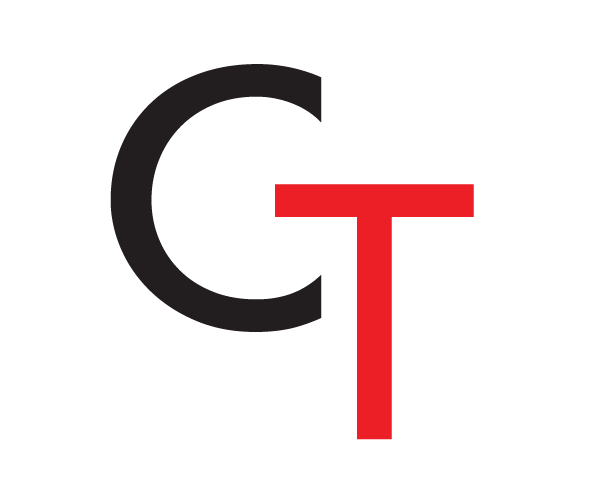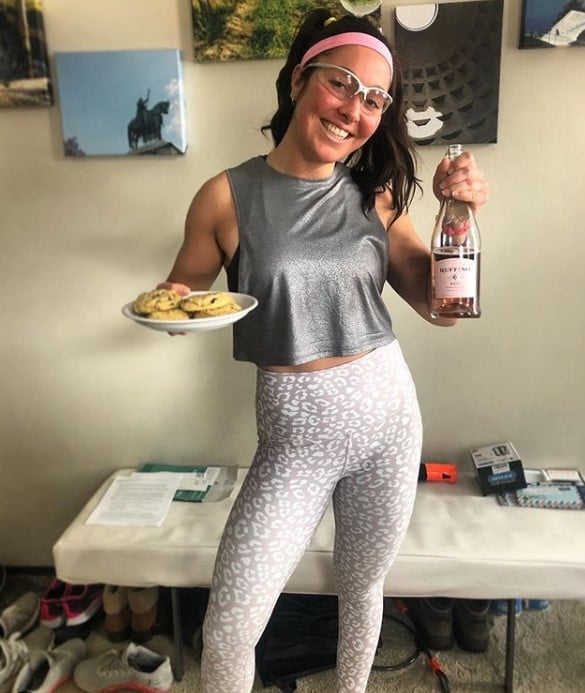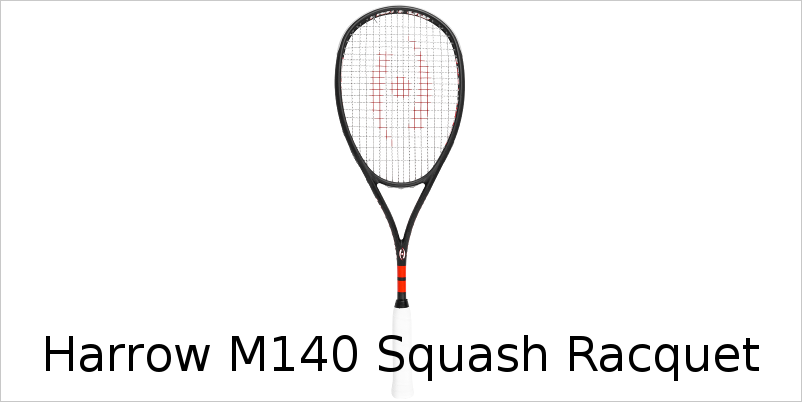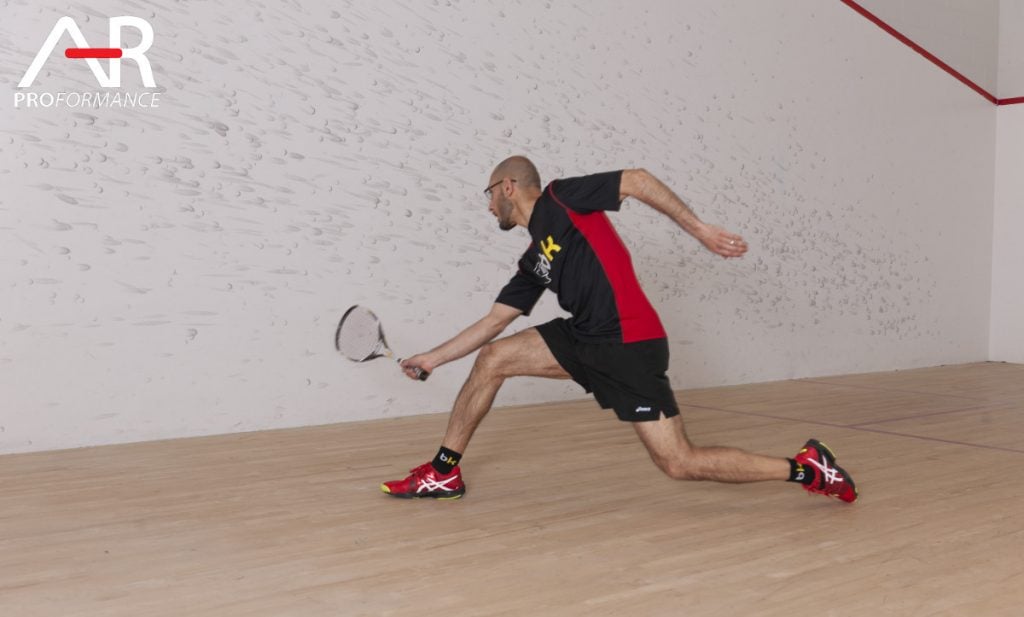I recently read a book entitled "Talent is Overrated" by Geoff Colvin. Clearly this is an attention-grabbing headline, and flies in the face of many people's beliefs about world-class performers in all fields. The notion of the book is that natural talent/gifts don't necessarily exist. Rather, greatness is a product of many factors conspiring to provide an opportunity for someone who is willing to dedicate almost their whole life to this task. The book goes to great lengths to dispel the myth that greats such as Mozart and Tiger Woods were simply gifted in music and golf respectively. The author explains that to become world-class, a person needs to complete a minimum of 10 000 hours of deliberate practice at their chosen activity (more on this number later). Even "child prodigies" like the two mentioned above had put in far more than 10 000 hours of study and practice before the age of 16; they weren't simply better than the rest by nature.
Naturally, as a squash player, I was translating every idea proposed by Colvin into squash terms and trying to conjure up examples and equivalents I could relate to. For the sake of this blog, I will discuss the two main points: what deliberate practice is, and the concept of 10000 hours of practice.
The theme of deliberate practice is hammered on relentlessly, and with good reason. In order to improve at squash, we must work on things we are not good at, have a purpose of improving, and receive feedback (both metacognitive and external). These are three things the vast majority of players DON'T do. This is why many players will play at the same level for their entire careers, while some seem to constantly improve. None of these are enjoyable tasks; in fact they are just the opposite. But if you are serious about improving, they are necessary. In practical terms, these three tasks could be used to improve your forehand drop. Before a match, make a point of hitting the forehand drop at every opportunity, even though you know it is one of your weak points. Have a specific thing on your mind each time you hit the shot (racquet speed, open face, etc.). Analyze what went wrong/right with each attempt, and discuss it with your opponent afterwards. These principles can also be applied during solo practice. Place a target on the floor, truly focus on each shot, and make conscious changes in your technique as you go along. Hitting 200 balls with intense focus is far more beneficial than whacking 2000 drives down the wall while contemplating life's other problems.
The other major concept in the book is the amount of time needed to become great. 10 000 hours is a huge amount of time. We probably devote that much time to a few things in life, but generally we are not practicing at them to become better. It is equal to about 3 hours per day for 10 years straight! Considering the average club player is probably on court for three hours a week, it would take 70 years for them to become "experts". And of those three hours, it is unlikely that any are truly deliberate practice aimed at improving. I did a quick calculation and worked out that I have spent about 7000 hours on court since I began playing at age 10. This does not include time spent studying the game, of which I have accrued approximately another 5000. Assuming Jonathon Power spent 3 hours on court per day for 25 years, he amassed over 27000 hours! These numbers are bad news for any grown adult hoping to become world-class; even starting at age 20, it is nearly impossible to devote enough time to a sport like squash to compete with people who have been at it since before age 10.
The practical lessons to take from this book for 99% of squash players is to increase the value of the time you spend on court: always be working on improving a weakness, always play and drill with a specific purpose, and most importantly- think about what you are doing on court and why. Good luck!



